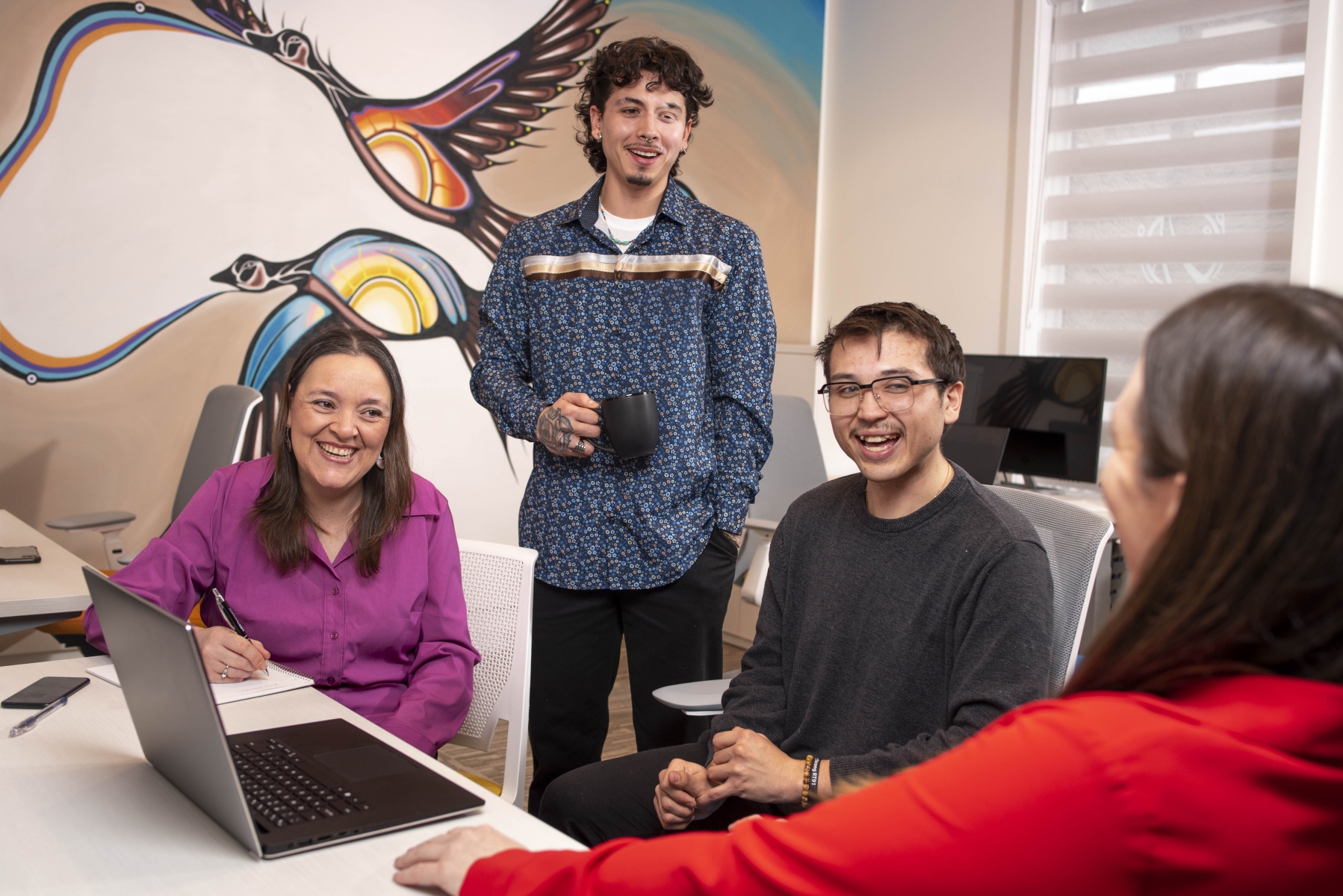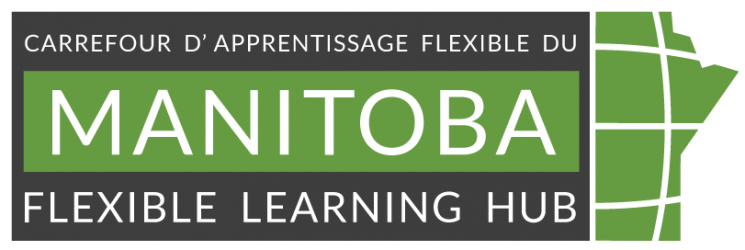
Image by Shelby Lisk from CIRA
Indigenous resource for instructors
This page lists some Indigenous resources for post-secondary education. Currently, we offer courses and videos for review, as well as a small collection of actionable steps that you can complete.
- UM Indigenous student centre Facebook videos
- Free online courses and lectures
- Note: nisitohtamowin ᓂᓯᑐᐦᑕᒧᐃᐧᐣ This course is available free to the public until September 2025.
- Actionable steps collection
UM Indigenous student centre Facebook videos
- “‘Two-Eyed Seeing’: Weaving Indigenous Ways of Knowing with Western Knowledge Systems” with Elder Barbara Bruce and Dr. Sara Goulet (Health Sciences)
- “Everything you need to know and more about the National Centre for Truth and Reconciliation” with Kaila Johnston (NCTR)
- “Looking beyond Cultural Competency: The need for literacy in Indigeneity to achieve a reconciled campus community” with Cary Miller (Ph.D., Indigenous Studies)
Free online courses and lectures
Aboriginal Worldviews and Education
by Jean-Paul Restoule, University of Toronto
This course, designed for Aboriginal and non-Aboriginal learners, is about exploring Indigenous ways of knowing and understanding how they can benefit all students in practical ways. It covers various topics, from historical, social, and political issues in Aboriginal education to the cultural, spiritual, and philosophical themes in Aboriginal worldviews and their rich terminology. Most importantly, it shows how Aboriginal worldviews can inform professional programs and practices, making the course content directly applicable to various fields, including but not limited to education.
Indigenous Canada
by Dr. Paul L. Gareau, University of Alberta
Indigenous Canada is a 12-lesson Massive Open Online Course (MOOC) from the Faculty of Native Studies that explores the different histories and contemporary perspectives of Indigenous peoples living in Canada. From an Indigenous perspective, this course explores complex experiences Indigenous peoples face today from a historical and critical perspective, highlighting national and local Indigenous-settler relations. Topics for the 12 lessons include the fur trade and other exchange relationships, land claims and environmental impacts, legal systems and rights, political conflicts and alliances, Indigenous political activism, contemporary Indigenous life, art and its expressions.
nisitohtamowin ᓂᓯᑐᐦᑕᒧᐃᐧᐣ An Introduction to Understanding Indigenous Perspectives in Canada
by the First Nations University of Canada, Reconciliation Education and BMO Financial Group.
Understanding history from an Indigenous perspective is a first step we can all take to advance reconciliation.
Note: nisitohtamowin ᓂᓯᑐᐦᑕᒧᐃᐧᐣ This course is available free to the public until September 2025.
by Susan D. Doan, York University
Dr. Susan Doan creates a timeline of event in Canda from Indigenous and non-indigenous governmental perspectives at a conference. Discussing relationships, policies and whitepapers to give a fulsome level of detail.
Understanding Indigenous perspectives
by Jean-Paul Restoule, University of Toronto
This set of learning modules has been created to support and inspire educators and future teachers to gain a deeper understanding of Indigenous perspectives, and an appreciation of how Indigenous knowledge and worldviews can assist all learners in their educational journey. The goal of the modules is to provide an introductory grounding to key issues affecting Indigenous people in Canada as a foundation for further and deeper learning. The modules are meant to work well independently of one another (they are not sequential), but they are also complementary.
Actionable steps collection
Each MB Hub newsletter, we share an action item for instructors to undertake to help them move to more decolonial practice. We are sharing them for instructor use.
Actionable step: Add positive stories of Indigenous individuals to inspire all students and balance the current presentation of Indigenous Peoples in Canada.
- In It’s Our Time First Nations Education Tool Kit Teacher’s Guide (National and Manitoba on document page 141 (pdf page 149) you will find a listing of First Nations role models to start you off.
- We also suggest connecting with your institution’s subject library on Indigenous studies, Indigenous education, or Indigenous contemporary issues for other resources and stories on role models and Indigenous industry leaders.
Actionable step: Learn about the history and effect of the treaties.
Under Call to Action 62 of the 94 Calls to Action, Subsection 1 reads: Make age-appropriate curriculum on residential schools, Treaties, and Aboriginal peoples’ historical and contemporary contributions to Canada a mandatory education requirement for kindergarten to Grade 12 students. Since secondary school students will have learned about residential schools, treaties, and Indigenous historical and contemporary contributions to Canada, post-secondary instructors will need the same knowledge before teaching PSE classes. For treaties, MB Hub suggests the following resources for instructor learning:
- Treaty texts from the Government of Canada website provide links to the text of treaties—you can find the numbered treaties there.
- The APTN TV docuseries Treaty Road, Season 1, is now available. It is a six-episode series covering the first six treaties, which you can watch with no cost with an APTN Lumi trial membership.
- The Treaty Relations Commission of Manitoba website features a video series about the treaties, which will be helpful for instructors learning about treaties: Videos & webinars – Treaty Relations Commission of Manitoba.
